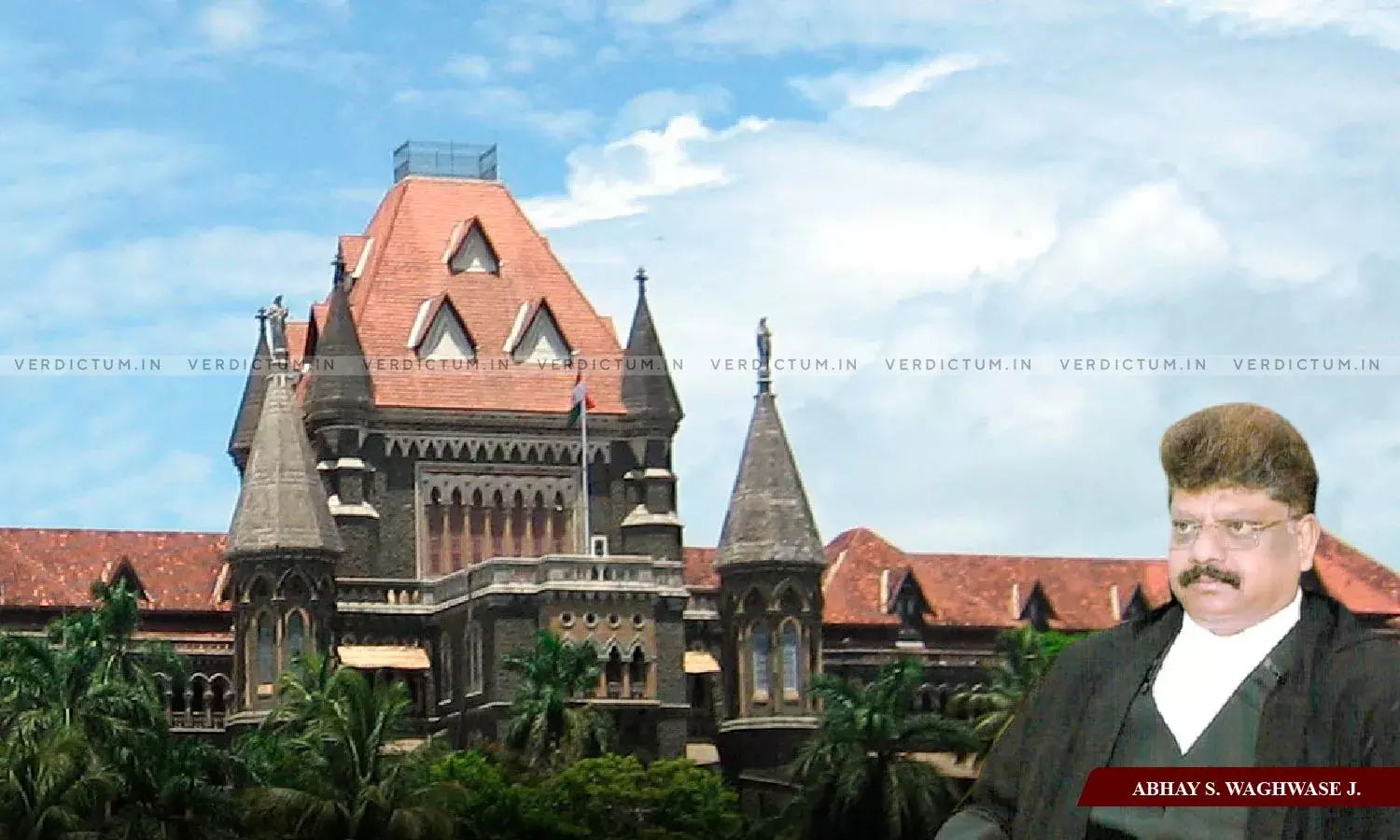Mere Quarrels And Abuses Without Intending Consequences Would Not Attract Instigation Or Abetment To Commit Suicide U/S 306 IPC: Bombay HC
The Bombay High Court observed that mere quarrels and abuses without intending the consequences would not attract instigation or abetment to commit suicide under Section 306 of the Indian Penal Code.
The court emphasized that in cases under Section 498-A of the IPC, the Courts must be extremely careful in assessing the facts and circumstances to understand whether the cruelty meted out to the victim had induced her to die by suicide.
In that context, the Bench of Justice Abhay S Waghwase observed that, "court should be extremely careful in assessing the facts and circumstances of each case as well as the evidence adduced in the trial for the purpose of finding whether the cruelty meted out to the victim had in fact induced her to end her life by committing suicide. Principle that is culled out is that accused persons should specifically intent that deceased should end up her life. With that sole object in mind, they must have deliberately created circumstances, which are of such nature, that deceased is left with no other alternative but to end up her life. Only in such circumstances charge of abetment to commit suicide can be said to be successfully brought home."
Counsel Uday S Malte appeared for the appellants, while APP ND Batule appeared for the respondent.
The appellants, convicted for offences under Sections 498-A and 306 read with Section 34 of the IPC, challenged the judgment of the Additional Sessions Judge.
The case involved the deceased, Shobhabai, who was allegedly subjected to continuous physical and mental abuse by her in-laws, including her mother-in-law, brothers-in-law, and their wives. The prosecution alleged that the abuse reached a point where Shobhabai was forced to commit suicide by immolating herself with kerosene. The police charged the accused with abetting her suicide and other related offences.
During the trial, the defence argued that the deceased had a short temper and immolated herself for reasons known only to her. They questioned the credibility of the dying declarations made by Shobhabai, pointing out inconsistencies and lack of clarity in her statements. Additionally, they raised doubts about her mental and physical fitness to give such declarations, given the extent of her burns and the presence of relatives during the recordings.
The prosecution relied on testimonies from Shobhabai's husband and sons, who corroborated the allegations of abuse against the accused. They also cited two dying declarations made by Shobhabai, which implicated the accused in the abuse.
After considering the evidence, the Trial Court convicted the accused based on the testimonies of the deceased's family members and the dying declarations. The defence challenged the verdict, arguing that the evidence was weak and insufficient to prove the charges beyond reasonable doubt.
The prosecution countered that the testimonies of the deceased's family members, along with the dying declarations, provided sufficient grounds for conviction.
The High Court observed that, "On going through the impugned judgment, learned trial Judge does not seem to have appreciated the settled legal position before recording guilt. What has come before trial court was a solitary episode of the day in question. There is nothing to infer that the harassment was incessant in nature. Quarrels and abuses without intending the consequences would itself not attract instigation or abetment to commit suicide. Apparently, erroneous conclusion is reached at. Therefore, such findings cannot be allowed to be sustained."
Consequently, the appeal succeeded, and the order of conviction was quashed and set aside.
Appearances:
Appellants: Counsel Uday S Malte
Respondent: APP ND Batule
Cause Title: Amrut & Ors. vs The State of Maharashtra




